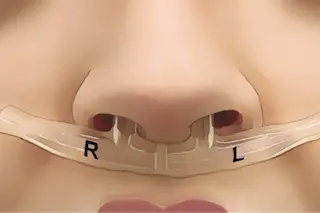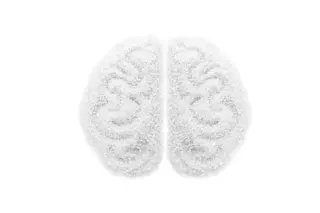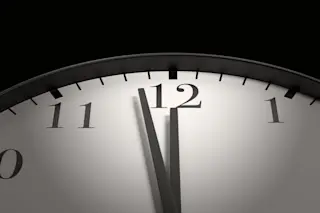Hello sunshine! Unless you strolled into work an hour late today, you're probably celebrating the commencement of daylight saving time. Here in New York City, an hour of sunshine has moved from about 6:15 am—when we shrink from it and exclude it from our bedrooms—to 6:15 pm, when we can emerge from our offices to luxuriate in its warmth and embrace the opportunities for outdoor leisure activities. Even if the "lost" hour of sleep makes you drag a bit on the first morning, the sunnier afternoons are well worth that supplementary cup of coffee.
I'm a native of Orange County, California, so I like—no, I demand—my sunshine, but I'm not the only one disheartened by the demons of darkness. During the winter months, people tend to feel a bit down, and it's not just because their expectations for receiving various Apple products go unfulfilled. And while most people just experience ...













